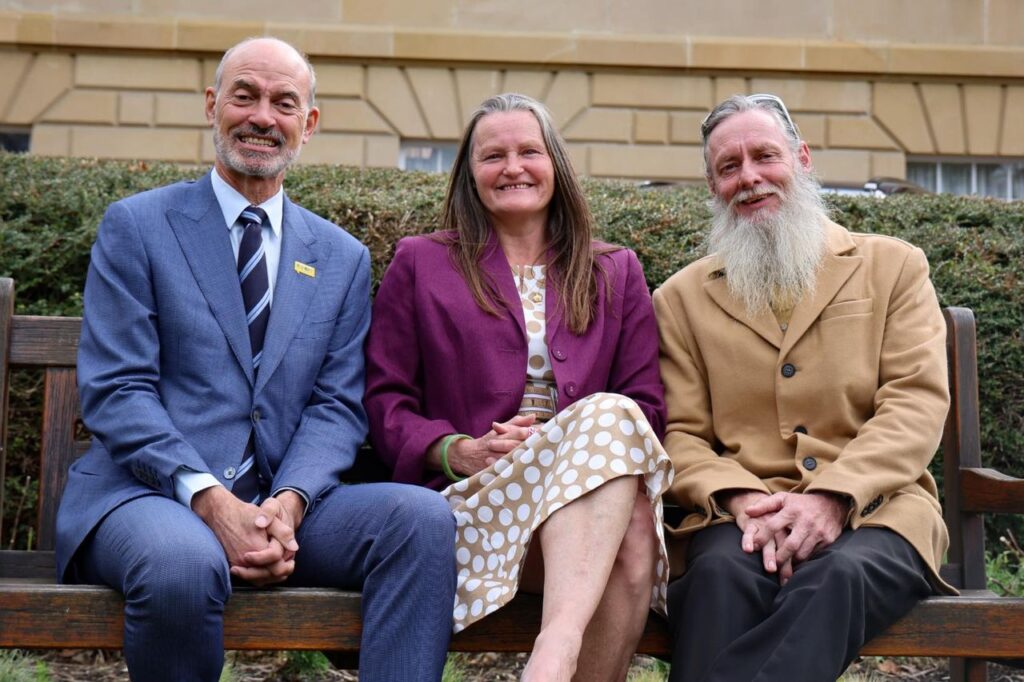Tasmanian families are a step closer to gaining access to coronial investigation records, with new laws passing the lower house of Parliament today.
The Justice and Related Legislation (Miscellaneous Amendments) Bill 2025 gives senior next of kin the right to access coronial records, including autopsy reports and investigation documents.
Jason and Amanda Westbrook, who have campaigned for the changes for several years, watched from the Speaker’s reserve as the bill passed the first hurdle.
Their daughter Eden died more than a decade ago in a death ruled as suicide, prompting their long fight for coronial transparency.
The Westbrooks believe Eden’s autopsy photos will show injuries inconsistent with death by hanging and plan to provide the coronial file to a forensic pathologist for review.

“Their advocacy was born out of the tragic loss of Eden,” Attorney-General Guy Barnett said. “My heartfelt condolences remain with the Westbrooks.”
The new law removes previous barriers that forced grieving families to navigate complex bureaucracy.
Under the current system, families have no guaranteed right to records and often face long delays.
Labor’s Ella Haddad praised the Westbrooks’ persistence. “No parents should bury a child,” she said. “You’ve done a service to Tasmanians by fighting for this change.”
The amendments require coronial authorities to provide records within 28 days, unless exceptions apply, such as national security or ongoing criminal investigations.

If parts of the records must be withheld, redacted versions can be issued.
In a statement, the Westbrooks said they hoped the reforms would help other families in similar situations.
“The coronial system must always demonstrate compassion and respect for a deceased’s loved ones,” they said.
“Our family has been fighting for truth and justice for Eden for over 10 years now. 10 years is far too long to wait and to fight, to get to the truth of what happened that fateful night.”
The bill also includes health system changes, allowing nurse practitioners to issue workers’ compensation certificates in emergency departments.
Currently, only doctors can provide them.
“An injured worker will no longer have to wait to see a doctor for that important piece of paper,” Barnett said.
The bill now moves to the Legislative Council for final approval.






